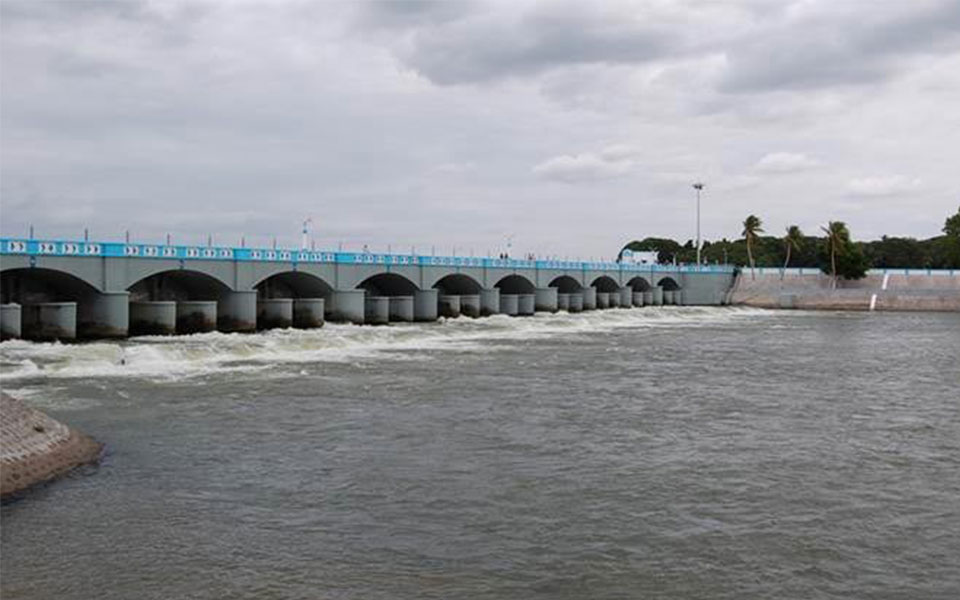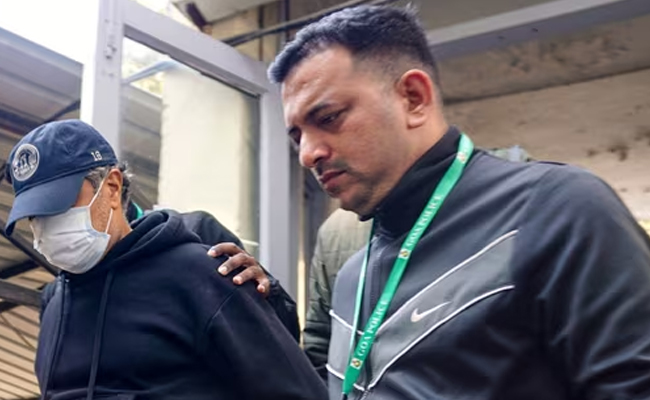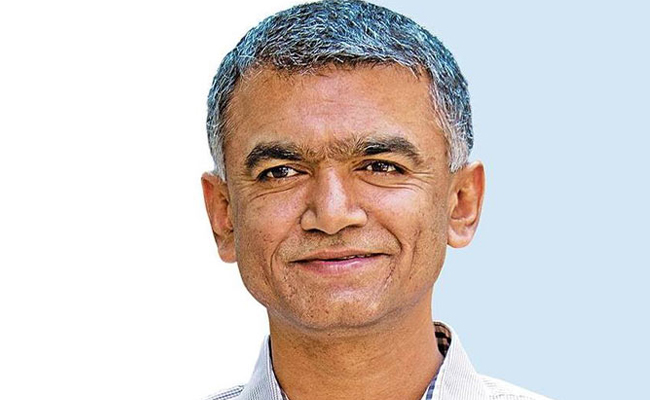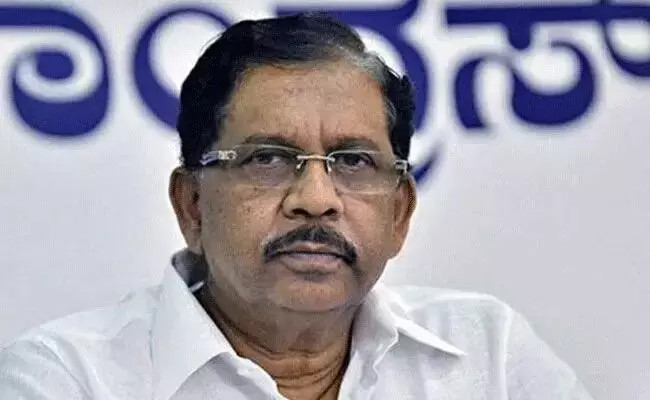Bengaluru, June 30: A miffed Karnataka would challenge the setting up of the Cauvery River Management Authority (CRMA) and Cauvery Water Regulation Committee (CWRC) by the Centre in the Supreme Court as they were formed without consulting the state, a senior minister said on Saturday.
"As the CWMA and CWRC were constituted without considering our state's views, we have decided to challenge their notification in the Supreme Court," Minister for Medium and Major Irrigation D.K. Shivakumar told reporters here after an all-party meeting on the politically sensitive issue.
The Union Water Resources Ministry on June 1 notified the Authority and the Committee as part of the scheme the apex court directed on May 18 for implementing the 2007 Cauvery Water Tribunal Award.
Though the Tribunal awarded the quantum of the river water to be shared among the four southern states -- Karnataka, Tamil Nadu, Kerala and Puducherry, the top court modified it when Karnataka and Tamil Nadu legally challenged it over the last decade.
The apex court on February 16 increased Karnataka's share by 14.75 tmc (thousand million cubic) feet to 284.75 from 270 tmc and lowered Tamil Nadu's share to 404.25 tmc from 419 tmc the Tribunal awarded.
The court, however, upheld the Tribunal's award of 30 tmc to Kerala and 7 tmc to Puducherry.
The state's share was increased ostensibly to meet the increasing drinking water needs of its bustling capital Bengaluru, which acquired a global status and though located outside the Cauvery river basin.
The 802 km-long rain-fed Cauvery basin has 740 tmc water in a normal year.
"All the parties have agreed to raise the issue in Parliament, as the CWMA and CWRC have been set up without discussion in the people's court on them or the scheme, which is against the interests of our state," asserted Shivakumar.
Water Resources Principal Secretary Rakesh Singh and Cauvery Neeravari Nigam Ltd Managing Director H.L. Prasanna are the state's representatives on the CWMA and CWRC.
The Central Water Commission Chairman Masood Hussain heads the CWMA, while its Irrigation Management Organisation Chief Engineer Navin Kumar is Chairman of the CWRC and also member of the Authority.
The technical panel, which will be based in Bengaluru, is mandated to ensure Karnataka releases 177.25 tmc feet of the river water to Tamil Nadu in a normal year as per the Tribunal award and directed by the apex court.
Endorsing Kumar's views, Chief Minister H.D. Kumaraswamy told reporters the JD-S-Congress coalition government had decided to protest against the formation of the Cauvery Authority and the Committee without consulting the state by the central government.
"We are looking at filing a review petition in the Supreme Court against the setting up of the CWMA and CWRC," reiterated Kumaraswamy.
The Chief Minister on June 18 also urged Prime Minister Narendra Modi not to operate the Authority and the Committee till the issues related to cropping pattern were addressed as they were part of the court-directed scheme.
"Our legal team, headed by eminent counsel Fali Nariman will decide on our appeal through a review petition to be filed in the Supreme Court," added Shivakumar.
Opposition BJP leader in the hung assembly B.S. Yeddyurappa said all the political parties were united on the Cauvery issue.
"We have decided to discuss the Cauvery issue in the monsoon session of Parliament (beginning from July 18) to get justice for the farmers in the river basin," Yeddyurappa told reporters.
Central ministers from the southern state D.V. Sadananda Gowda and Anant Kumar, Congress Lok Sabha member M. Veerappa Moily, BJP's Lok Sabha member from Mysuru Pratap Simha and newly elected legislators from the river basin region participated in the two-hour long meeting at the state's secretariat in the city centre.
Let the Truth be known. If you read VB and like VB, please be a VB Supporter and Help us deliver the Truth to one and all.
Bajpe: Police have arrested a youth for allegedly posting derogatory and defamatory content against the Bajpe police on social media.
The arrested accused has been identified as Abhishek M. (23), a resident of Katipalla, Surathkal.
According to the police, Abhishek posted a photograph of Bajpe Nisarga Hotel on his Instagram account mr_a_titude_22, alleging that accused persons in a murder case under the jurisdiction of the Bajpe police station were being treated “like royalty” by the police and were being served beef meals from the hotel every day. In his post, he further accused the police of colluding with criminals and misusing their authority, stating that public trust in the police was being betrayed.
Following which, the Bajpe police registered a case and arrested the accused.
Police records reveal that Abhishek is already facing multiple criminal cases. A case of murder, attempt to murder, assault and robbery has been registered against him at the Surathkal police station. At the same time, a robbery case has also been registered at the Kaup police station.
After his arrest, Abhishek was handed over to the custody of the CEN police for further investigation. He was later produced before a court, police said.





